We would like to invite you to the latest research seminar of the Creative Technology Research Centre.
Title: Terrain Generation Using A Voxel Grammar-based Approach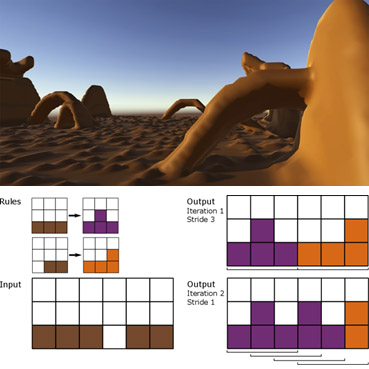
Speaker: Rahul Dey (a BU research engineer based at Sony Computer Entertainment Europe)
Time: 2:00PM-3:00PM
Date: Wednesday 16th March 2016
Room: P302 LT, Poole House, Talbot Campus
Abstract:
As computational power has increased, so has the fidelity of computer graphics for real time simulations and video games. Terrain is a feature that is ubiquitous in any game that needs to represent an outdoor environment. The creation of larger landscapes for such simulations now requires some automated assistance in the form of Procedural Content Generation (PCG). Many procedural methods forego user design and interaction in favour of complete automation.
This research introduces a novel method to construct terrains by utilising user-designed rulesets. Terrains are represented using a volumetric approach which is a more powerful and flexible way of creating features such as caves, naturally formed arches and overhanging cliffs. Terrains are generated by using the provided ruleset as a grammar to parse the volumetric grid and transform voxels in sections of the grid.
This presentation will focus on the method that has been developed to generate these terrains, and detail some of the future work to be carried out during the rest of the course of the research.
We hope to see you there.
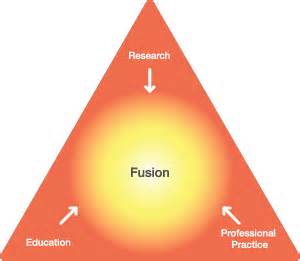 Doing a PhD may appeal to midwives and other NHS health professionals, but it often involves having to make difficult choices. Undertaking a part-time PhD means studying on top of a busy clinical position, but starting full-time study involves stepping away from practice, which may lead to a loss of clinical skills and confidence. The Centre for Midwifery, Maternal & Perinatal Health (CMMPH) at Bournemouth University has come up with a novel solution making it easier for midwives to undertake a doctorate while still maintaining their clinical skills. This approach is highlighted in the latest publication by Dr. Susan Way and colleagues, describing a process where CMMPH collaborate with NHS partners to apply for a match-funded PhD. [1] The first partnership was with Portsmouth Hospitals NHS Foundation Trust (PHT), with later partners expanded to cover the Isle of Wight and Southampton. Currently there are negotiations with Dorset Country Hospital NHS Foundation Trust and Poole Hospital NHS Foundation Trust. Non NHS organisations have also showed an interest with the Anglo European Chiropractic College (AECC) our likely next collaborator.
Doing a PhD may appeal to midwives and other NHS health professionals, but it often involves having to make difficult choices. Undertaking a part-time PhD means studying on top of a busy clinical position, but starting full-time study involves stepping away from practice, which may lead to a loss of clinical skills and confidence. The Centre for Midwifery, Maternal & Perinatal Health (CMMPH) at Bournemouth University has come up with a novel solution making it easier for midwives to undertake a doctorate while still maintaining their clinical skills. This approach is highlighted in the latest publication by Dr. Susan Way and colleagues, describing a process where CMMPH collaborate with NHS partners to apply for a match-funded PhD. [1] The first partnership was with Portsmouth Hospitals NHS Foundation Trust (PHT), with later partners expanded to cover the Isle of Wight and Southampton. Currently there are negotiations with Dorset Country Hospital NHS Foundation Trust and Poole Hospital NHS Foundation Trust. Non NHS organisations have also showed an interest with the Anglo European Chiropractic College (AECC) our likely next collaborator.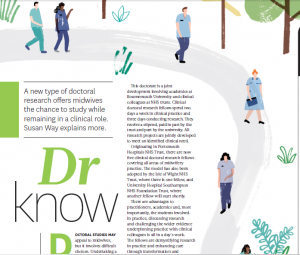

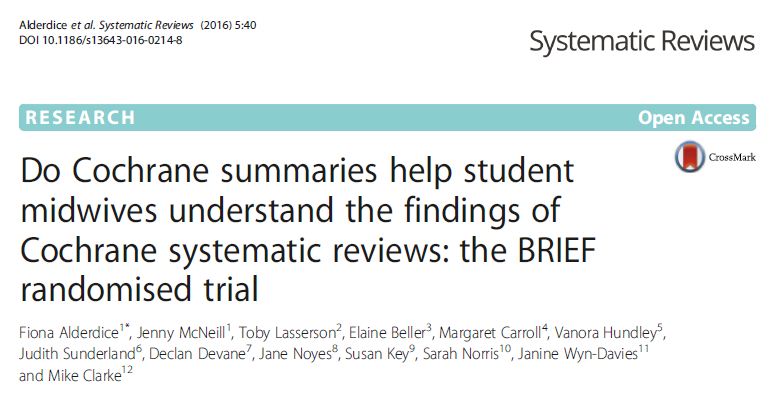 This first week of March has been a good week for FHSS publications. On March 1st CMMPH Prof. Vanora Hundley published her collaborative paper ‘Do Cochrane summaries help student midwives understand the findings of Cochrane systematic reviews: the BRIEF randomised trial’.[1] With colleagues based across the UK and Ireland she surveyed over 800 midwifery students at nine universities. This results of the study can be found in the journal
This first week of March has been a good week for FHSS publications. On March 1st CMMPH Prof. Vanora Hundley published her collaborative paper ‘Do Cochrane summaries help student midwives understand the findings of Cochrane systematic reviews: the BRIEF randomised trial’.[1] With colleagues based across the UK and Ireland she surveyed over 800 midwifery students at nine universities. This results of the study can be found in the journal 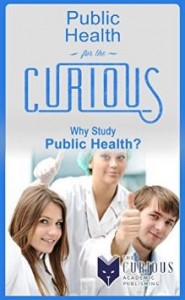 The second FHSS publication is a chapter in a Kindle book on the Importance of public health in low- and middle- income countries, written by Dr. Puspa Raj Pant,CMMPH’s Prof. Edwin van Teijlingen, and BU Visiting Faculty Prof. Padam Simkhada.[2] Padam Simkhada is Professor of International Public Health and Associate Dean (Global Engagement) for the Faculty of Education, Health and Community at Liverpool John Moores University. The chapter is part of the Kindle book with the long title: Public Health for the Curious: Why Study Public Health? (A Decision-Making Guide to College Major, Research & Scholarships, and Career Success for the College Students and Their Parents) edited by Richard Lee Skolnik from Yale University, USA.
The second FHSS publication is a chapter in a Kindle book on the Importance of public health in low- and middle- income countries, written by Dr. Puspa Raj Pant,CMMPH’s Prof. Edwin van Teijlingen, and BU Visiting Faculty Prof. Padam Simkhada.[2] Padam Simkhada is Professor of International Public Health and Associate Dean (Global Engagement) for the Faculty of Education, Health and Community at Liverpool John Moores University. The chapter is part of the Kindle book with the long title: Public Health for the Curious: Why Study Public Health? (A Decision-Making Guide to College Major, Research & Scholarships, and Career Success for the College Students and Their Parents) edited by Richard Lee Skolnik from Yale University, USA.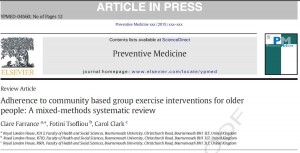

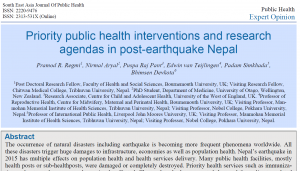 ons and research agendas in post-earthquake Nepal’ [1] which has been accepted by South East Asia Journal of Public Health will be freely available in April this year, talks in detail around impact of the Nepal’s earthquake on population health and health system infrastructure. This is a collaborative work among researchers of universities in the UK, Nepal and New Zealand. FHSS’s Dr Pramod Regmi (lead author) along with BU Professor Edwin van Teijlingen, BU visiting Professor Padam Simkhada (Liverpool John Moores University, UK), Nirmal Aryal (University of Otago, New Zealand), Dr Puspa Raj Pant (University of the West of England, UK) and Professor Bhimsen Devekota (Tribhuvan University, Nepal) have contributed to this paper.
ons and research agendas in post-earthquake Nepal’ [1] which has been accepted by South East Asia Journal of Public Health will be freely available in April this year, talks in detail around impact of the Nepal’s earthquake on population health and health system infrastructure. This is a collaborative work among researchers of universities in the UK, Nepal and New Zealand. FHSS’s Dr Pramod Regmi (lead author) along with BU Professor Edwin van Teijlingen, BU visiting Professor Padam Simkhada (Liverpool John Moores University, UK), Nirmal Aryal (University of Otago, New Zealand), Dr Puspa Raj Pant (University of the West of England, UK) and Professor Bhimsen Devekota (Tribhuvan University, Nepal) have contributed to this paper.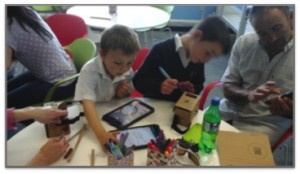

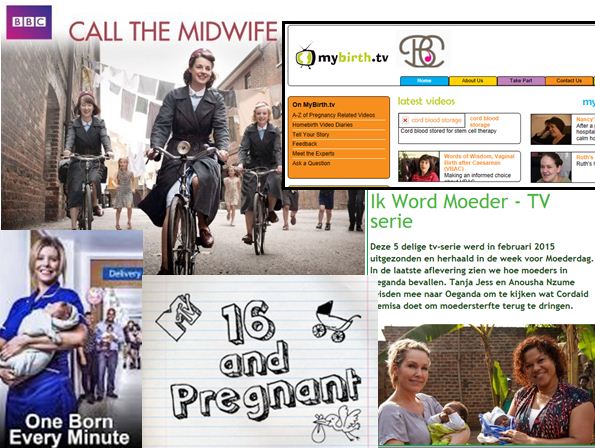
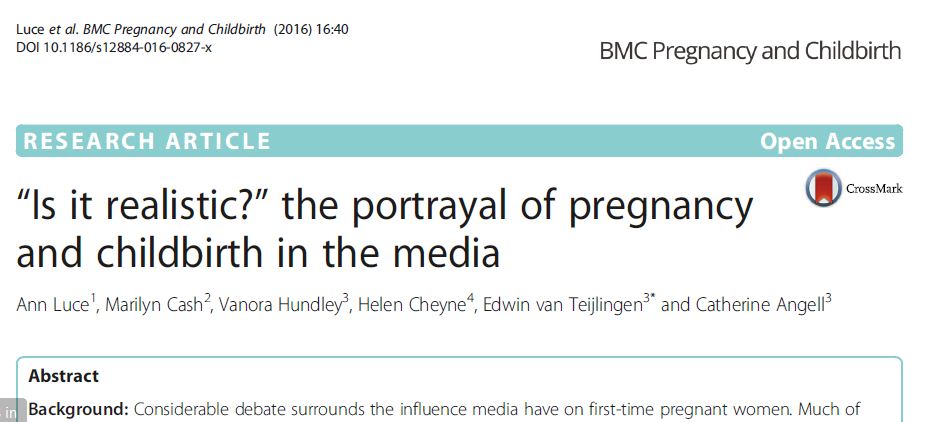

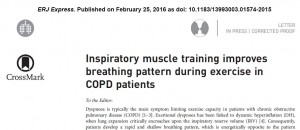

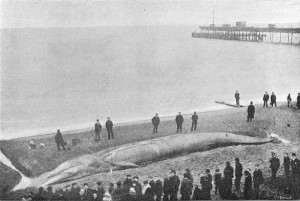












 Seeing the fruits of your labour in Bangladesh
Seeing the fruits of your labour in Bangladesh Exploring Embodied Research: Body Map Storytelling Workshop & Research Seminar
Exploring Embodied Research: Body Map Storytelling Workshop & Research Seminar Marking a Milestone: The Swash Channel Wreck Book Launch
Marking a Milestone: The Swash Channel Wreck Book Launch No access to BRIAN 5-6th February
No access to BRIAN 5-6th February ECR Funding Open Call: Research Culture & Community Grant – Application Deadline Friday 12 December
ECR Funding Open Call: Research Culture & Community Grant – Application Deadline Friday 12 December MSCA Postdoctoral Fellowships 2025 Call
MSCA Postdoctoral Fellowships 2025 Call ERC Advanced Grant 2025 Webinar
ERC Advanced Grant 2025 Webinar Update on UKRO services
Update on UKRO services European research project exploring use of ‘virtual twins’ to better manage metabolic associated fatty liver disease
European research project exploring use of ‘virtual twins’ to better manage metabolic associated fatty liver disease